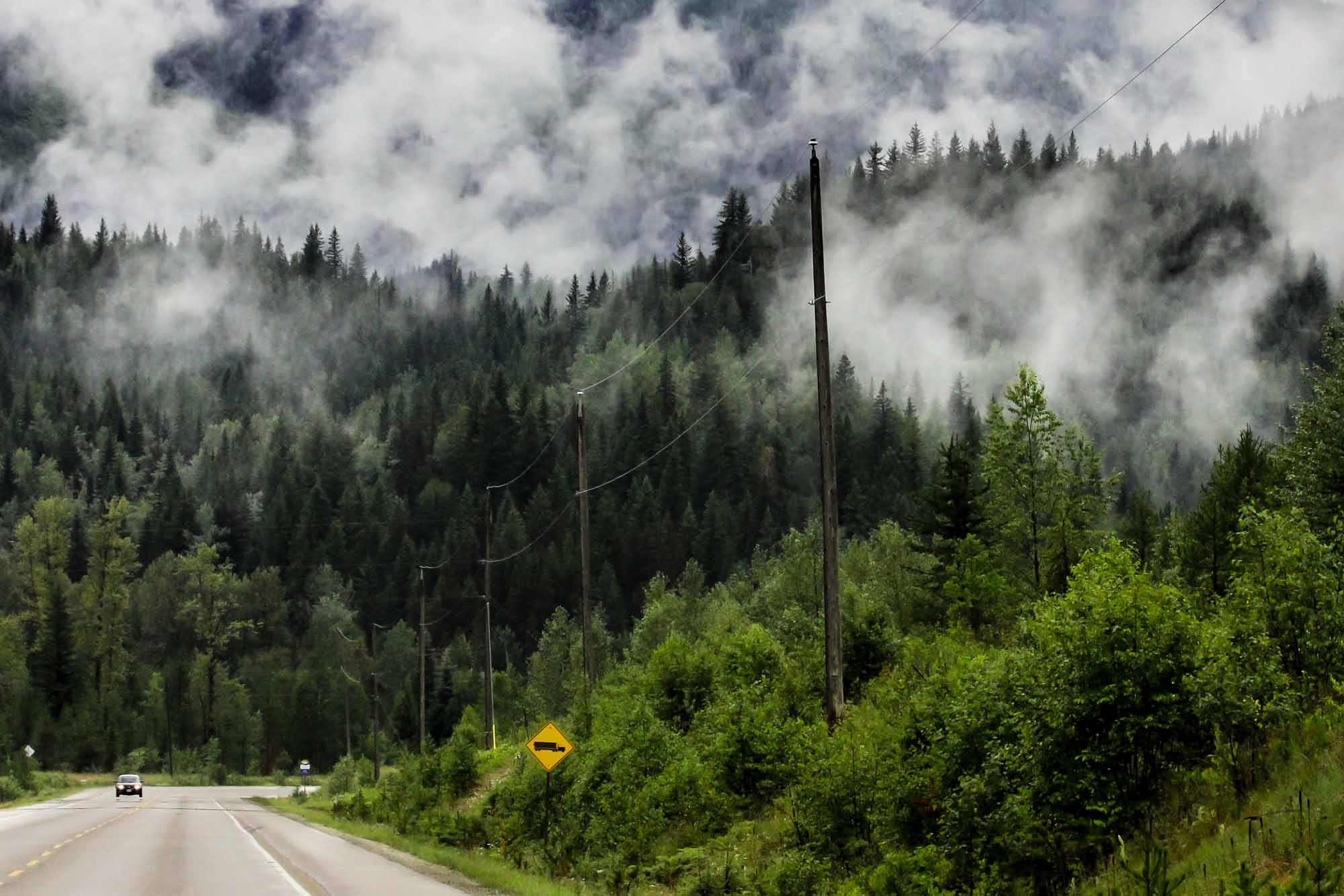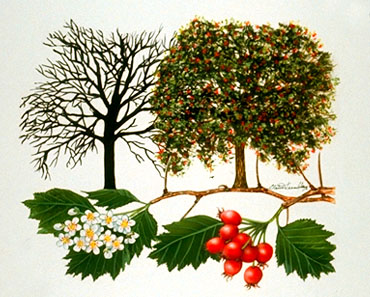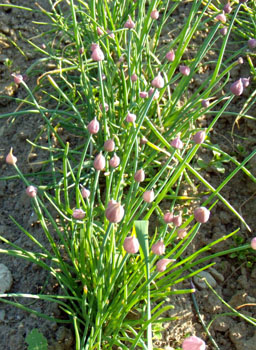Browse "Plants"
-
Article
Forest Harvesting
Forest harvesting involves cutting trees and delivering them to sawmills, pulp mills and other wood-processing plants. Its practical components include road construction, logging and log transportation.
"https://d2ttikhf7xbzbs.cloudfront.net/media/media/8b0c97bf-7642-4d5a-9eff-4010192da77d.jpg" // resources/views/front/categories/view.blade.php
https://d2ttikhf7xbzbs.cloudfront.net/media/media/8b0c97bf-7642-4d5a-9eff-4010192da77d.jpg
-
Article
Forest Regions
A forest region is a major geographic belt or zone characterized by a broad uniformity both in physiography and in the composition of the dominant tree species. Canada can be divided into eight forest regions.
"https://d2ttikhf7xbzbs.cloudfront.net/media/media/b56c04a4-f128-4027-93d9-f3a9c96c6632.jpg" // resources/views/front/categories/view.blade.php
https://d2ttikhf7xbzbs.cloudfront.net/media/media/b56c04a4-f128-4027-93d9-f3a9c96c6632.jpg
-
Article
Forest Survey
Foresters use forest surveys to obtain information on the condition of the FOREST and monitor any changes, since there are not only surveys of standing trees, but also surveys after logging as well as forestry surveys aimed at prescribing treatments.
"https://development.thecanadianencyclopedia.ca/images/tce_placeholder.jpg?v=e9dca980c9bdb3aa11e832e7ea94f5d9" // resources/views/front/categories/view.blade.php
https://development.thecanadianencyclopedia.ca/images/tce_placeholder.jpg?v=e9dca980c9bdb3aa11e832e7ea94f5d9
-
Article
Forestry
Forestry is the science and practice of caring for forests. Both the meaning and practice of forestry in Canada have evolved over time.
"https://d2ttikhf7xbzbs.cloudfront.net/media/media/e919b19c-7ba7-46cc-9c8e-d6867c26a6f7.jpg" // resources/views/front/categories/view.blade.php
https://d2ttikhf7xbzbs.cloudfront.net/media/media/e919b19c-7ba7-46cc-9c8e-d6867c26a6f7.jpg
-
Article
Forestry Education
Throughout the late 1980s and the 1990s, there was a tremendous evolution of FORESTRY in Canada and around the world. Forestry became increasingly important for both the ECONOMY and the ENVIRONMENT, and the practice of forestry became more complex.
"https://development.thecanadianencyclopedia.ca/images/tce_placeholder.jpg?v=e9dca980c9bdb3aa11e832e7ea94f5d9" // resources/views/front/categories/view.blade.php
https://development.thecanadianencyclopedia.ca/images/tce_placeholder.jpg?v=e9dca980c9bdb3aa11e832e7ea94f5d9
-
Article
Gentian
Several plants of family Gentianaceae, of the genus Gentiana, are commonly known as gentian.
"https://development.thecanadianencyclopedia.ca/images/tce_placeholder.jpg?v=e9dca980c9bdb3aa11e832e7ea94f5d9" // resources/views/front/categories/view.blade.php
https://development.thecanadianencyclopedia.ca/images/tce_placeholder.jpg?v=e9dca980c9bdb3aa11e832e7ea94f5d9
-
Article
Geranium
Geranium, annual, biennial or perennial plant of genus Geranium, family Geraniaceae, with opposite, palmate and often divided leaves.
"https://development.thecanadianencyclopedia.ca/images/tce_placeholder.jpg?v=e9dca980c9bdb3aa11e832e7ea94f5d9" // resources/views/front/categories/view.blade.php
https://development.thecanadianencyclopedia.ca/images/tce_placeholder.jpg?v=e9dca980c9bdb3aa11e832e7ea94f5d9
-
Article
Ginseng
Ginseng is a herbaceous perennial plant of genus Panax, ginseng family (Araliaceae), discovered in North America by Joseph-François Lafitau.
"https://development.thecanadianencyclopedia.ca/images/tce_placeholder.jpg?v=e9dca980c9bdb3aa11e832e7ea94f5d9" // resources/views/front/categories/view.blade.php
https://development.thecanadianencyclopedia.ca/images/tce_placeholder.jpg?v=e9dca980c9bdb3aa11e832e7ea94f5d9
-
Article
Goldenrod
Goldenrod, genus Solidago, showy, perennial, herbaceous plant of the Compositae or Asteraceae family.
"https://development.thecanadianencyclopedia.ca/images/tce_placeholder.jpg?v=e9dca980c9bdb3aa11e832e7ea94f5d9" // resources/views/front/categories/view.blade.php
https://development.thecanadianencyclopedia.ca/images/tce_placeholder.jpg?v=e9dca980c9bdb3aa11e832e7ea94f5d9
-
Article
Grasses
Emergence of GrasslandsGrasslands began to appear about 25 million years ago, changing the face of much of the world and providing food for grazing animals. Grasses and grazers evolved together. Grasses benefit because grazers control the growth of competing species and provide fertilizers.
"https://d2ttikhf7xbzbs.cloudfront.net/media/media/64128275-0625-4ef5-8669-b94e659285cb.jpg" // resources/views/front/categories/view.blade.php
https://d2ttikhf7xbzbs.cloudfront.net/media/media/64128275-0625-4ef5-8669-b94e659285cb.jpg
-
Article
Groundsel
Groundsel, or ragwort, common names for plants of genus Senecio, family Compositae or Asteraceae.
"https://d2ttikhf7xbzbs.cloudfront.net/media/media/9a776da6-54b7-4271-b584-7af19ab25d8b.jpg" // resources/views/front/categories/view.blade.php
https://d2ttikhf7xbzbs.cloudfront.net/media/media/9a776da6-54b7-4271-b584-7af19ab25d8b.jpg
-
Article
Hawthorn
Hawthorn, small, deciduous tree or shrub of genus Crataegus, family Rosaceae (rose).
"https://d2ttikhf7xbzbs.cloudfront.net/media/media/411a3350-11d9-4747-abd3-b88b915fd9e1.jpg" // resources/views/front/categories/view.blade.php
https://d2ttikhf7xbzbs.cloudfront.net/media/media/411a3350-11d9-4747-abd3-b88b915fd9e1.jpg
-
"https://d2ttikhf7xbzbs.cloudfront.net/media/media/33a7f20c-98ad-4b8d-8840-de1cf7729081.jpg" // resources/views/front/categories/view.blade.php
https://d2ttikhf7xbzbs.cloudfront.net/media/media/33a7f20c-98ad-4b8d-8840-de1cf7729081.jpg
-
Article
Herbarium
A herbarium (Lat herba, "herb," formerly any medicinal plant) is a collection of dried specimens of plants mounted on sheets of heavy paper and stored in cabinets or bound in book form, as well as the building that houses such a collection.
"https://development.thecanadianencyclopedia.ca/images/tce_placeholder.jpg?v=e9dca980c9bdb3aa11e832e7ea94f5d9" // resources/views/front/categories/view.blade.php
https://development.thecanadianencyclopedia.ca/images/tce_placeholder.jpg?v=e9dca980c9bdb3aa11e832e7ea94f5d9
-
Article
Herbs
Herbs and spices differ largely by usage. Spices are normally more aromatic than herbs, and are often of tropical origin. They may consist of seeds, bark, flower buds, fruits, etc. Herbs are usually leafy and locally grown, and their use extends far back into history.
"https://d2ttikhf7xbzbs.cloudfront.net/media/media/7d61da90-15cd-45d3-9a94-3dca721463a5.jpg" // resources/views/front/categories/view.blade.php
https://d2ttikhf7xbzbs.cloudfront.net/media/media/7d61da90-15cd-45d3-9a94-3dca721463a5.jpg
